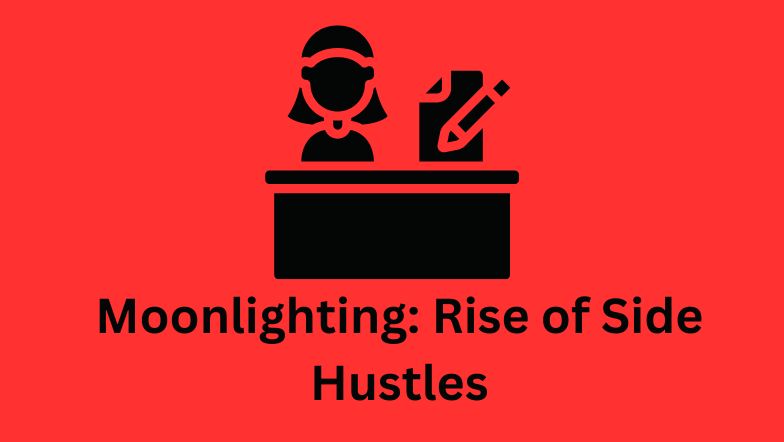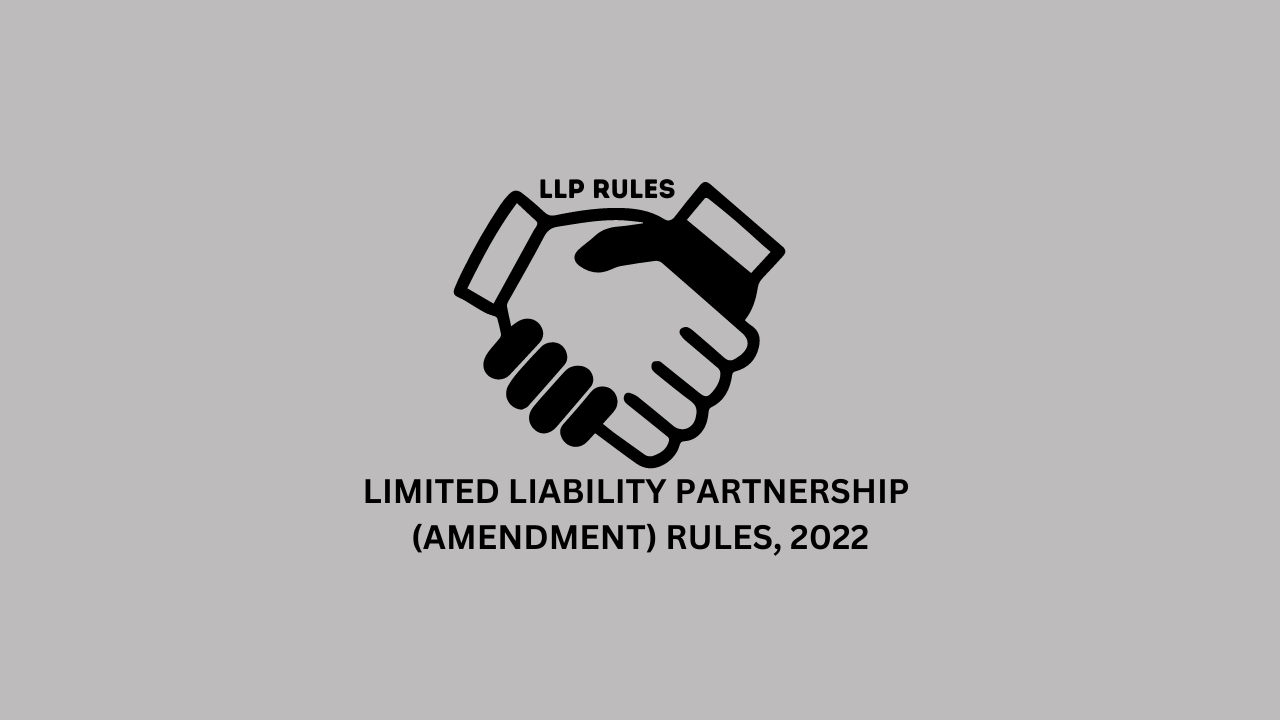
Moonlighting is where employees have a second job or a side hustle. It is an increasing trend in India, as more people want to supplement their income and even pursue their creative pursuits. But what exactly is moonlighting and is it legal or will it land you in trouble.
Let’s find out in this blog.
Moonlighting is the practice where employees with full time roles have a second job or a side business. It basically means an employee taking up a side hustle while still being on the payroll of a primary employer, usually without their knowledge.
The term “Moonlighting” was first used to describe people who worked at two jobs, one during the day and one at night. It refers to the moon’s light shining on someone’s face while they work at night.
Moonlighting has gained a lot of popularity in recent times in India because of the increase in cost of living and many people are unable to meet these increased living costs from the income of their jobs and choose to supplement their income. However this is not always the case as sometimes people work on their creative endeavours, passions or entrepreneurial spirits.
The term “Moonlighting” became really popular in the US after the pandemic when a lot of people started using their free time to work on their businesses, hobbies or passions.
Moonlighting is widely prevalent in the IT sector because of unstable job markets and low job security. More than 43% of workers believe that having two jobs is essential to maintain their income in case they lose their primary means of income.
One of the biggest factors leading to the rise in moonlighting is advancements in technology, it is easier than ever to freelance your services and find gigs online. Platforms like fiverr, and upwork are enabling people to easily find work in fields they are passionate about.
The side Hustle culture has also led many people to starting a small business, freelancing, or monetizing a hobby or passion. This can be selling handmade crafts online to driving for rideshare services like Uber
The legality of moonlighting in India is complicated as there are no specific laws that prohibit employees from taking a second job. But, there are several companies that have placed strict rules prohibiting moonlighting, particularly if it interferes with the employees ability to perform their tasks productively.
Some rules that regulate dual employment are:
The Factories Act of 1948 prohibits employers from allowing adult workers to work in factories on days when they have already worked at another job. Also employees working in a mine or factory are not permitted to hold dual employment.
According to the Industrial Employment Rules, 1946 an employee shall never work against the interests of the industrial establishment they are employed in and shall never take any additional employment there that could harm their employer’s interests.
Employees who work in retail stores, restaurants, theatres, and other public amusement or entertainment facilities, as well as in information technology and information technology-enabled services, are governed by the Shops and Establishments Act. The Shops and Establishments Act varies from one state to another.
For example the Delhi Shops and Establishments Act of 1954 prohibits multiple works.
According to Section 27 of the Indian Contract Act, 1872 an employee is prohibited from starting their own business or accepting a job offer from a rival. This is to prevent employees from competing with their company, leaking data, either during or after the employment period.
Wipro recently fired 300 employees for taking up second roles in rival companies, the chairman of the firm Rishand Premji commented that “this is cheating plain and simple”. These recent firings have stirred a lot of discussion about the moonlighting culture in India.
While there are no laws on moonlighting, many companies have clauses that require employees to devote their entire working hours towards the interest of the business or organisation.
Recently the IT giant Infosys made a statement to its employees saying dual employment is not permitted and if anyone was caught violating, strict disciplinary action would be taken.
There are still a few companies that allow employees to work on side hustles with prior agreements
The uprising of moonlighting represents a shift in the way work and income generation approached. While many companies are completely clamping down moonlighting, this may not be a sustainable solution. The inherent risk of confidential data, conflict of interest decrease in productivity, have to be dealt by putting down rules against what is allowed and what is not.
It is not fair of employers to forbid their employees from embracing entrepreneurship and pursuing their passion. Employers should understand there is no harm of moonlighting if it does not affect productivity or quality of work. In Fact it should be encouraged because many of today’s successful businesses like flipkart, and freshdesk are the result of moonlighting.








